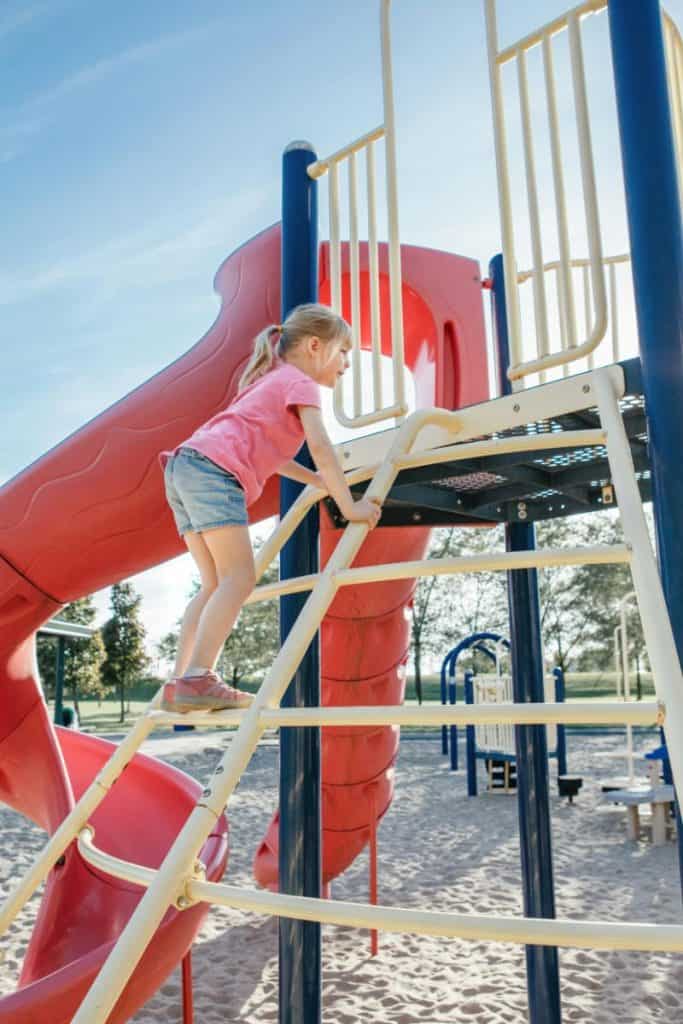Parenting is an intricate balance of guidance, understanding, and patience, especially for those raising fiercely independent children. These kids, characterized by their remarkable self-reliance and confidence, often approach life with a desire to face challenges head-on, on their own terms. While their independence is a valuable trait that can foster significant personal growth and achievements, it also presents unique challenges for parents tasked with guiding them toward becoming well-rounded, socially adept individuals.

This article aims to explore effective parenting techniques for nurturing the independent spirit of such children positively and constructively, with a particular focus on the beneficial role of sports and structured activities.
Understanding the Independent Child
Fiercely independent children exhibit an exceptional degree of self-reliance, often preferring to make decisions and learn from their experiences directly. This autonomy, while commendable, requires a nuanced approach from parents to ensure it develops into a balanced and socially responsible independence. Achieving this involves respecting the child’s need for autonomy while implementing boundaries that promote safety, social interaction, and empathy.
Key Parenting Techniques
Effective parenting strategies for fostering a healthy independent streak in children include:
- Positive Reinforcement: Acknowledging efforts and achievements motivates children to continue striving towards their goals, instilling a sense of confidence and resilience.
- Setting Clear Boundaries: Establishing boundaries provides a structured environment for safe exploration of their independence, reinforcing the concept of consequences and responsibility.
- Encouraging Decision-Making: Allowing children to make choices fosters critical thinking and self-reliance, preparing them for the complexities of real-world decision-making.
- Promoting Problem-Solving Skills: Engaging children in solving problems enhances their analytical skills and independence, teaching them to navigate challenges independently.
- Active Listening and Communication: Open dialogue encourages children to express themselves and listen to others, vital for developing empathy and understanding diverse perspectives.

The Importance of Sports
Sports can play a key role in the development of independent children by teaching valuable life skills such as discipline, goal setting, and the importance of teamwork and personal effort. The choice of sport can influence a child’s development trajectory, with team sports emphasizing collaboration and individual sports focusing on personal responsibility and achievement. The Fpro football training kit is as an innovative tool in this context, providing a versatile platform for various sports, supporting physical development, and encouraging independence through engaging physical activities.
Common Mistakes in Parenting Fiercely Independent Children
In the journey of nurturing an independent child, parents might inadvertently make mistakes that can hinder rather than help their child’s growth. Recognizing and avoiding these pitfalls is key in fostering a positive and supportive environment.
- Overprotection: While the instinct to protect is natural, overprotection can stifle independence and discourage children from taking risks and learning from their failures. Encouraging calculated risks within safe boundaries is essential for growth.
- Micromanaging: Attempting to control every aspect of the child’s life can lead to rebellion and diminish their sense of autonomy. Instead, providing options and allowing the child to make their own choices can reinforce their decision-making skills.
- Neglecting to Set Boundaries: While it’s important to encourage independence, failing to establish clear boundaries can leave children feeling insecure and unsure about the limits of their autonomy. Boundaries help children understand social norms and the consequences of their actions.
- Underestimating Emotional Needs: Independent children may appear self-sufficient, but they still require emotional support and understanding. Neglecting these needs can lead to feelings of isolation or misunderstanding. Parents should strive to be emotionally available and attentive.
- Ignoring the Benefits of Team Activities: Focusing solely on activities that promote individual achievement can overlook the importance of teamwork and social skills. Participation in team sports or group projects teaches children how to work with others towards a common goal.
Other Supportive Activities
In addition to sports, activities such as arts, crafts, and educational games play a pivotal role in the development of a child’s independence by encouraging creative thinking, problem-solving, and self-expression. Facilitating social interactions in a controlled setting can also help independent children develop interpersonal skills, teaching them the value of collaboration and empathy.

Final Thoughts
Raising a fiercely independent child is a journey filled with challenges and rewards. Through effective parenting techniques, an understanding of potential pitfalls, and the support of sports and diverse activities, parents can guide their children’s independent spirits towards positive development.
It requires patience, consistency, and a deep understanding of the child’s unique personality and needs. By fostering an environment that balances autonomy with guidance, parents can help their children navigate the path to becoming well-adjusted, successful adults.
